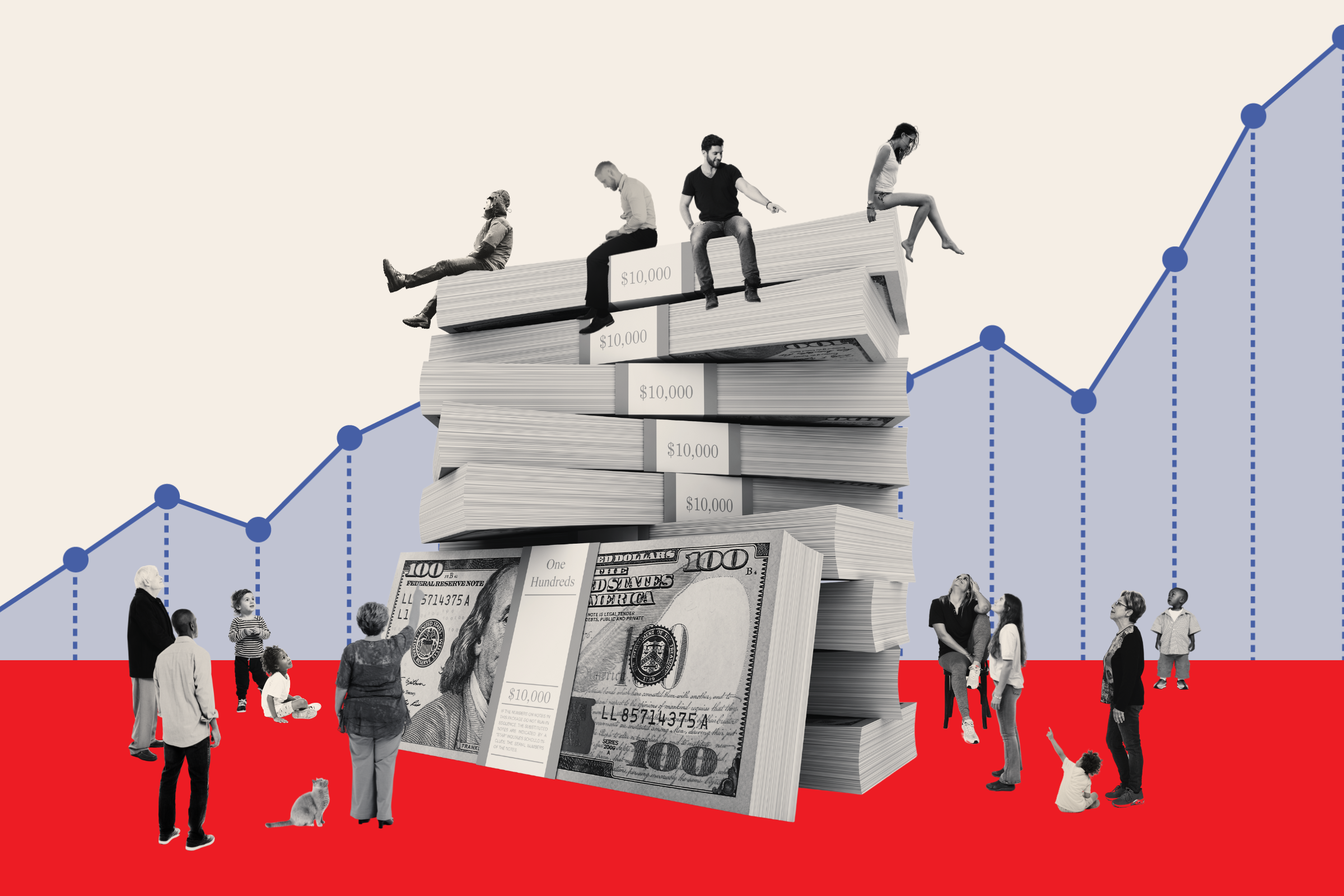The run-up to this year's midterm elections saw more than the usual surface chatter about American polarization. Let's dive deeper.
October 28, 2022: An armed and disturbed man steeped in internet conspiracies breaks into a home owned by the speaker of the House of Representatives and attacks her husband.
June 8, 2022: An armed and disturbed man steeped in internet conspiracies enters the neighborhood of a Supreme Court Justice with the intention of killing him.
January 6, 2021: An armed and disturbed man steeped in internet conspiracies, now known as the "QAnon shaman," becomes the public face of a riot and break-in at the United States Capitol.
Though hailing from different parts of the political spectrum, these three vignettes share a critical feature in common. All are the products of identity politics—the notion that moral authority in the public square lies in purported victimhood, thereby trumping the supposedly spurious authority of the law.
Whether based in gender, ethnicity, pro-abortion feminism, Marxism, racism, right-wing fringe politics, or other characteristics, these groups share common denominators. They protect and enforce collective identity by punitive reprisals, especially on social media. They derive loyalty in large part from emotionally and otherwise vulnerable individuals, as the biographical details of many people caught up in such politics make clear—from background stories about Capitol rioters, to books by nuclear-family-despising BLM affiliates, to clinical histories of transgender candidates.
Identity loyalists also believe something in common—that "reality" is somehow different from what "normies" say it is; that truth has been hidden from view by powerful forces; and that enlightenment is the exclusive talismanic possession of the identity group in question.

Across the spectrum, this gnostic absolutism is making today's politics more combustible than before. Some blame it all on tech: social media silos, internet algorithms, click-bait tribalism. Here's a bigger theory. Not only the United States but the entire Western world is in the throes of an identity crisis. Many adult children of these societies are triply disenfranchised—and their disenfranchisement is increasingly deforming politics.
This is especially true in the United States.
Thanks to 60 years of trends that undermine hearth and home, significant numbers of today's young people are estranged from, or only tentatively connected to, their families. Thanks to decades of high school and college education riddled with anti-Americanism, many are also estranged from, or only tentatively connected to, their one and only country. Thanks to secularization and the vilification of organized religion that has been de rigeur at least since the new atheism of the early 2000s, many are increasingly adrift from houses of worship, a time-honored source of belonging and fellowship.
In sum, a void in three dimensions has emerged and expanded in the West. Into it, identity politics speaks a seductive language promising everything that many younger Americans now lack: community, family, purpose, belonging. That is the real origin of today's political rage. Identitarian groups operate as figurative homes and churches and clubs in an era when the real things are in decline.
"I don't have any friends. I don't have any family." These words, left by one of America's recent mass shooters, clinch the primordial point. Almost to a man, the biographies of these killers share the same features: chaotic family backgrounds, angry grievance, exorbitant time spent self-radicalizing on the internet. But one needn't be contemplating violence to let screens turn life upside down. As the incel movement and antifa alike go to show, just being lonely enough and furious enough will do.
All of which raises a thought that might finally get traction, somewhere: the family-and-God-free, live-for-myself option on offer since the 1960s has not turned out to be a socially neutral experiment. The subtraction en masse of other human beings from individual lives and communities has exacted costs. Most Western political and cultural authorities have not yet grasped this fact. Many emphatically do not want to. But current events might soon force the point.
Bereft and atomized people wander among us, primed for loyalty and attachment to something. Identity politics amounts to collective cries for a social and personal order more robust than many of today's young have ever known.
It falls to those who are not similarly disinherited to understand why they do what they do. There is no more consequential mission across the West today than raising the incentives for family formation, and lowering those for unattached destructiveness. That might seem like a big ask. But read again those opening vignettes—and wonder what it will really take to prevent two, three, or many more of the same.
Mary Eberstadt is author most recently of Primal Screams: How the Sexual Revolution Created Identity Politics. This essay is adapted from an address given at Parliament House in Canberra, Australia, on Oct. 24, 2022, sponsored by the St. Thomas More Forum.
The views expressed in this article are the writer's own.
Uncommon Knowledge
Newsweek is committed to challenging conventional wisdom and finding connections in the search for common ground.
Newsweek is committed to challenging conventional wisdom and finding connections in the search for common ground.
About the writer
To read how Newsweek uses AI as a newsroom tool, Click here.






